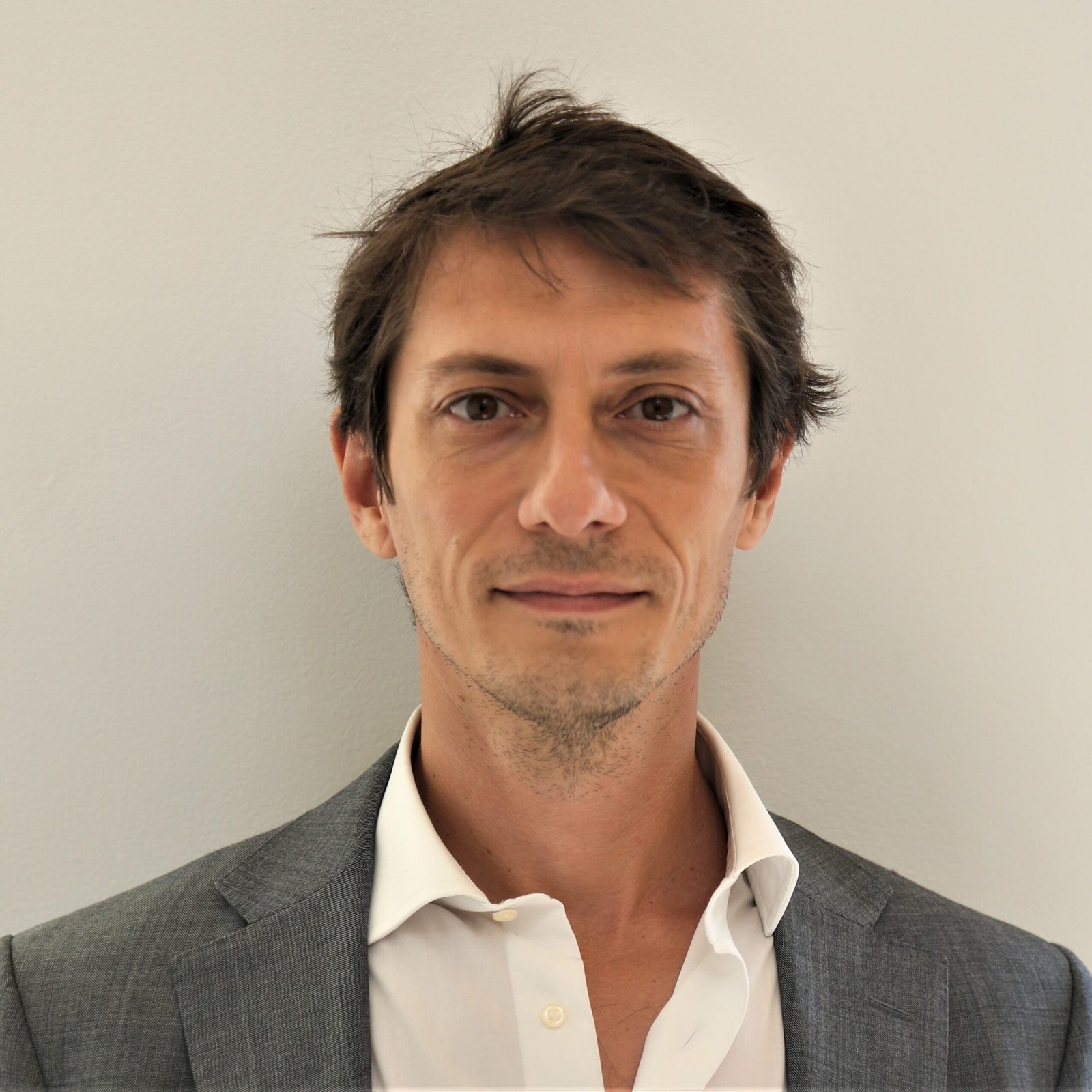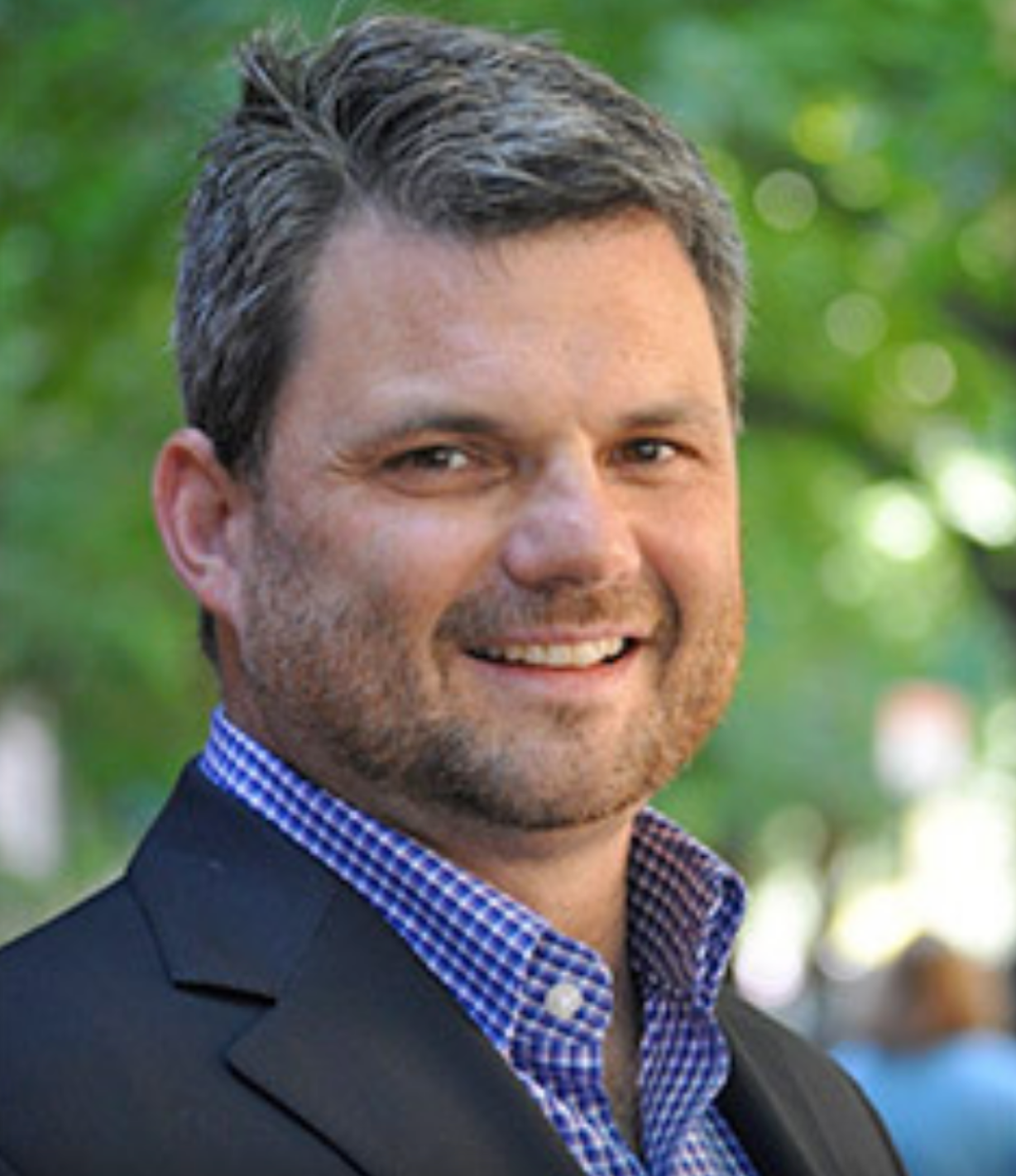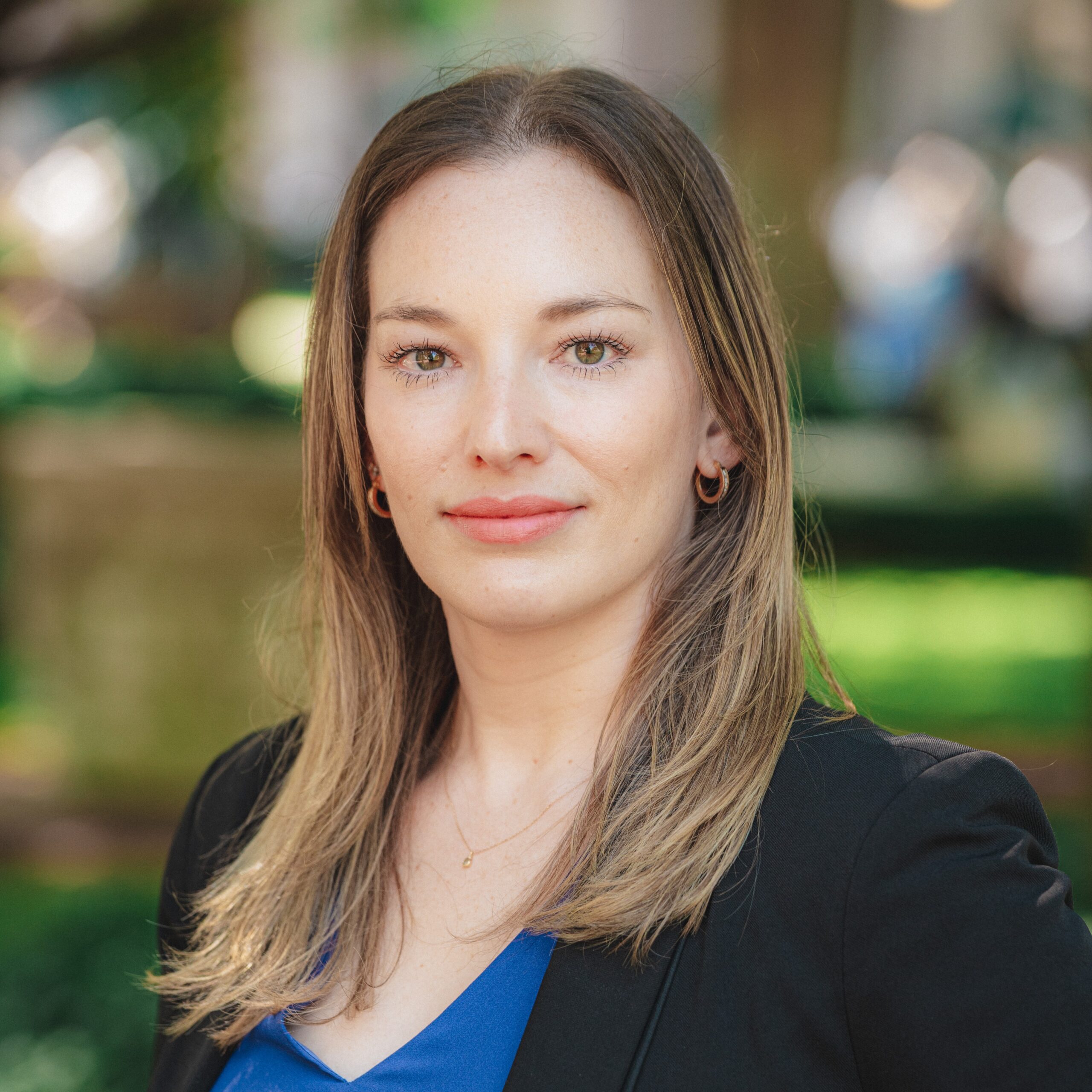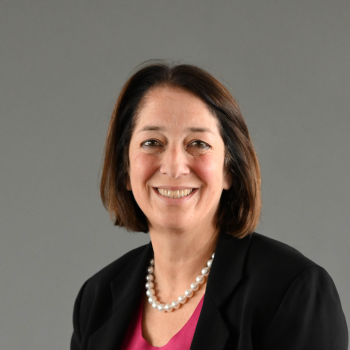
The start of the 21st century has seen the world shaken by protests, from the Arab Spring to the Yellow Vests, from the Occupy movement to the social uprisings in Latin America. There are periods in history when large numbers of people have rebelled against the way things are, demanding change, such as in 1848, 1917, and 1968. Today we are living in another time of outrage and discontent, a time that has already produced some of the largest protests in world history.
This book analyzes almost three thousand protests that occurred between 2006 and 2020 in 101 countries covering over 93 per cent of the world population. The study focuses on the major demands driving world protests, such as those for real democracy, jobs, public services, social protection, civil rights, global justice, and those against austerity and corruption. It also analyzes who was demonstrating in each protest; what protest methods they used; who the protestors opposed; what was achieved; whether protests were repressed; and trends such as inequality and the rise of women’s and radical right protests. The book concludes that the demands of protestors in most of the protests surveyed are in full accordance with human rights and internationally agreed UN development goals. The book calls for policy-makers to listen and act on these demands.
About the Authors
Isabel Ortiz
Global Social Justice Program Director
Initiative for Policy Dialogue
Isabel Ortiz is director of the Global Social Justice Program at Joseph Stiglitz’s Initiative for Policy Dialogue, Columbia University, New York. Earlier she was director at the International Labor Organization (ILO Geneva, 2013-19) and at UNICEF (New York, 2009-12); senior official at the United Nations Department of Economic and Social Affairs (UN New York, 2005-09) and at the Asian Development Bank (ADB Manila, 1995-2003), where she was a founding member of the ADB Poverty Reduction Unit. In 1993-95 she was a researcher at the Department of International Economics of the High-Level Council of Scientific Research (CSIC Madrid) and a lecturer at Madrid and Salamanca Universities in Spain. In 1992-93 she worked at the European Commission in Brussels and in 1991 at the UN Economic Commission for Latin America (ECLAC Buenos Aires). Isabel Ortiz has worked in more than 50 countries in all world regions, providing advisory services to governments and engaging in high level initiatives at the United Nations, G20, BRICS, African Union and UNASUR, among others. Additionally, she actively supports policy advocacy work of civil society organizations. She has a MSc and a Ph.D. from the London School of Economics, and has written more than 80 publications translated in several languages.
Sara Burke
Senior Policy Analyst
Friedrich-Ebert-Stiftung New York
Sara Burke is a senior expert on the global economy and international financial institutions at the German think tank, Friedrich-Ebert-Stiftung. Based in the New York office since 2008, she provides policy analysis and advice on economic policy frameworks and the multilateral system, as well as on their social and political impacts. Prior to that, in 2003 she founded and co-edited Gloves Off, a webzine with an economic lens, linking current and historical events. She has published a number of papers on economic and social rights. She has an MA from Stanford University and a BA from Reed College.
Mohamed Berrada
PhD Candidate
Economics Department
The New School
Mohamed Berrada is an economics consultant and entrepreneur. Besides starting and managing a gym in Casablanca, his main research focuses on the long-term impact of colonialism on development. He is a Fulbright scholar and PhD candidate at The New School for Social Research, New York. He has worked on research projects relating to protest movements, inequality, colonialism, and economic development.
Hernan Cortes Saenz
PhD
International Relations
Autonomous University of Barcelona
Hernán Saenz Cortés is an International Relations Ph.D. from Universidad Autónoma de Barcelona, with ample experience both in research and policy analysis. His main research interests are power relations and its impact on governance, development and finance with a focus on Latin America. He has worked for different NGOs, think tanks and Private Foundations. From 2009 to 2013 he was the Policy and Advocacy Manager at the UBUNTU-World Forum of Civil Society Networks in Barcelona. In 2014, he worked as consultant for different organizations such as the Overseas Development Institute (ODI, London), and became Senior Policy Analyst on Tax Justice and Financing at EURODAD (Brussels, 2014-17). From 2017, he works as a Senior Researcher on Inequality and Tax and as Advocacy Coordinator on European Union – Latin America relations at Oxfam.
 Isabel Ortiz
Isabel Ortiz Sara Burke
Sara Burke

 Jeronim Capaldo
Jeronim Capaldo Kevin Gallagher
Kevin Gallagher Gabriela Plump
Gabriela Plump Anya Schiffrin
Anya Schiffrin Joseph Stiglitz
Joseph Stiglitz